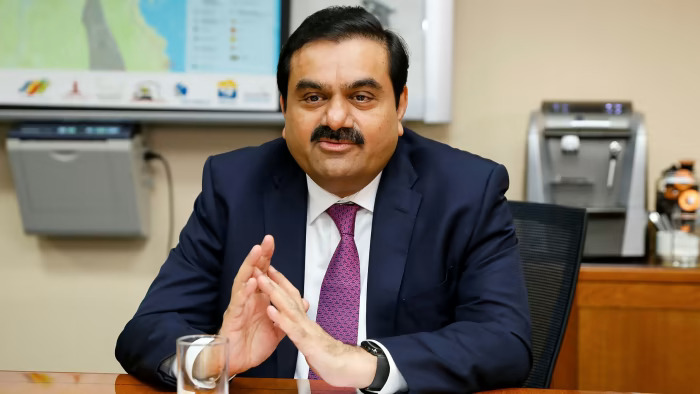In a move that sparked widespread controversy, the Kenyan government recently announced a $2.047 billion deal with Adani Airport Holdings Ltd., an Indian conglomerate founded by Gautam Adani, to expand…
Who is Gautam Adani, the Indian Multi-Billionaire Behind the Controversial Kenya Airports Deal?

Gautam Adani, Chairman of Adani Group.